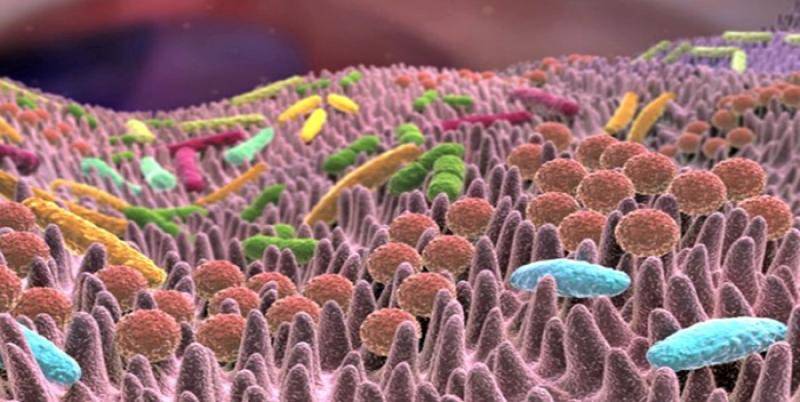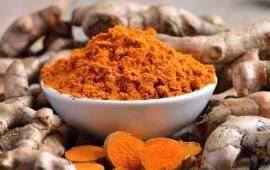Not only Hippocrates considered the importance of a healthy digestive system to avoid most diseases. Also Traditional Chinese Medicine considers that a weak or structurally altered digestive system is the origin of many diseases. Currently, conventional medicine is beginning to consider the great importance of the intestinal flora, although there are still other important aspects that should be considered.
Nutritional therapy of digestive function has traditionally focused on what happens inside the digestive tract. Therefore, it was limited to replacing digestive enzymes, bile salts, etc, herbs and nutrients that are responsible for promoting peristalsis and intestinal transit time or probiotics. The use of these supplements is not the subject of this article, but to comment on two important aspects of the intestine from a holistic perspective:
- The importance of the state of the intestinal mucosa
- The nature of the relationship between the intestinal mucosa and the intestinal flora
How intestinal flora can be improved
What is the best solution to ensure absorption that can maintain optimal health? From a holistic perspective it seems to be, that if we can improve the health of the intestinal mucosa, the need for therapeutic agents could be reduced in terms of quantity and duration.
Causes of damage of intestinal mucosal integrity:
- Scarce delivery of necessary nutrients to the intestinal lumen, as the mucosa requires the absorption of sufficient amounts of certain nutrients to maintain its integrity.
- The cells of the intestinal mucosa are renewed every 2-3 days. Therefore, a shortage of nutrients can diminish mucosal integrity in a fairly short period of time.
The most important nutrients are glutamine, arginine, nucleotides and long-chain omega-3 fatty acids found in fish oil.
Gut flora: functions
Butyric acid, a short-chain fatty acid is another extremely important nutrient required for optimal gut health, specifically for colon epithelial cell health. The colonic supply of butyrate, rather than coming from the diet, is produced by the microorganisms of the intestinal flora.
Billions of microorganisms of several different species reside in the colon, many of which are absolutely crucial for proper colon cell health.
The relationship between the colon and its microflora is very complex:
- Most of the different species of microflora are opportunistic. Which species survive and proliferate depends mainly on the type of food ingested and specific parameters of the colonic environment, such as pH. Therefore, the constituents of the intestinal microflora are highly dependent on environmental variables.
- Many organisms support optimal colon health. This is achieved primarily through products produced by bacteria such as the butyrate mentioned above, which acts as fuel for colon cells or contributes by altering factors such as pH.
- Many organisms produce byproducts that promote disease both locally and systemically, such as, for example, endotoxins that can cause local damage by increasing intestinal permeability, and which, if absorbed, can produce alterations in other systems.
- The opportunistic nature of the intestinal microflora largely determines whether probiotic or pathogenic organisms ultimately prevail. In this microbial world of survival of the fittest, dietary intake and factors such as pH are important determinants of who wins or loses this struggle. Consequently, whether the microflora as a whole promotes or diminishes optimal health depends largely on which organisms find a particular environment more favorable. For example, if the diet is high in simple sugars that pass undigested into the large intestine, an increase in the number of Candida Albicans and other fungal forms may occur. Occasionally symptoms arise because certain strains of Candida can produce ethanol-type compounds that give rise to what is known as self-fermentation syndrome. Another example is a diet high in sulfur compounds, which causes a proliferation of organisms that produce hydrogen sulfide gas, a known colon irritant. Conversely, a diet rich in fiber promotes the growth of beneficial organisms such as L- acidophilus and Bifidobacteria. Integrative medicine is therefore concerned not only with the pathogenic microorganism, but also with the relationship of the pathogenic microorganism to its environment. The goal of treatment will then be how to modify the environment in the colon through diet, stress reduction, etc., so that the microorganism cannot proliferate effectively, or other beneficial microorganisms grow until the pathogen is compromised. A common example is infection by Helicobacter Pylori resistant to antibiotics.
- Certain species of the intestinal microflora produce enzymes that play an important role in the circulation and reabsorption of bile. So a decrease in these enzymes would lead to a decrease in bile acids needed in the intestine for proper digestion of fats and for the absorption of fat-soluble vitamins: A, D, E, K.
It is very important to take care of digestive health and the balance of the intestinal flora.




